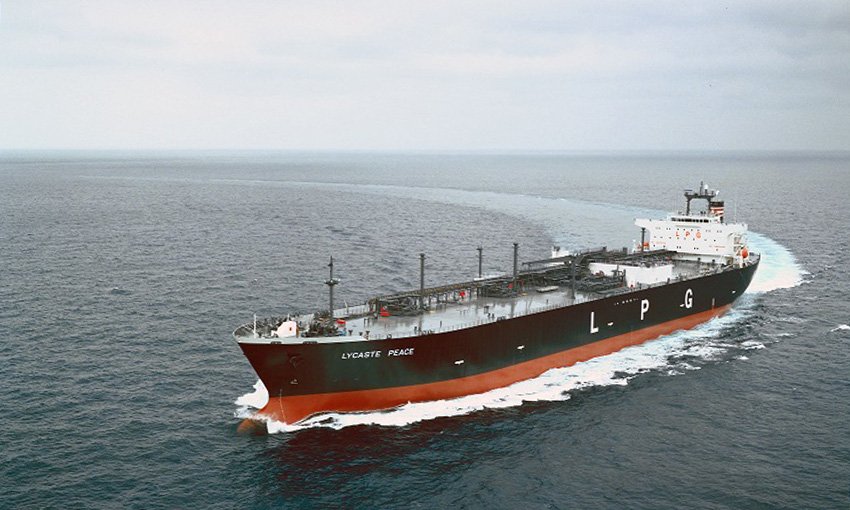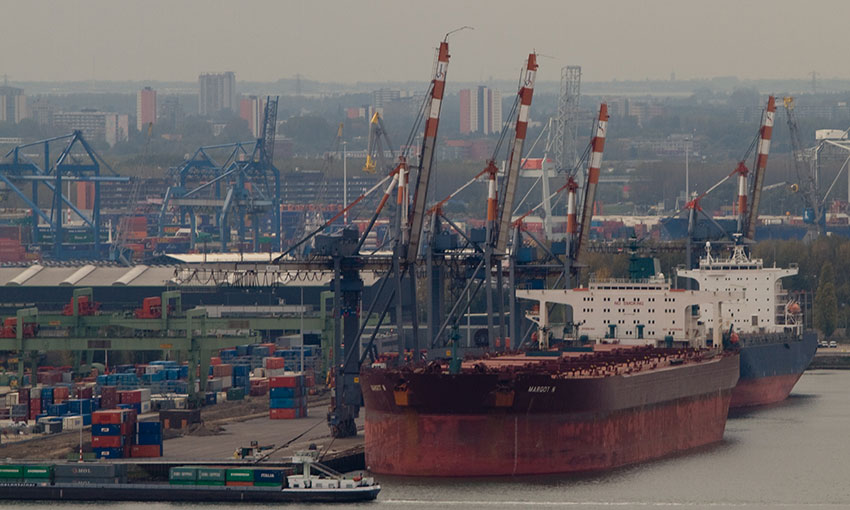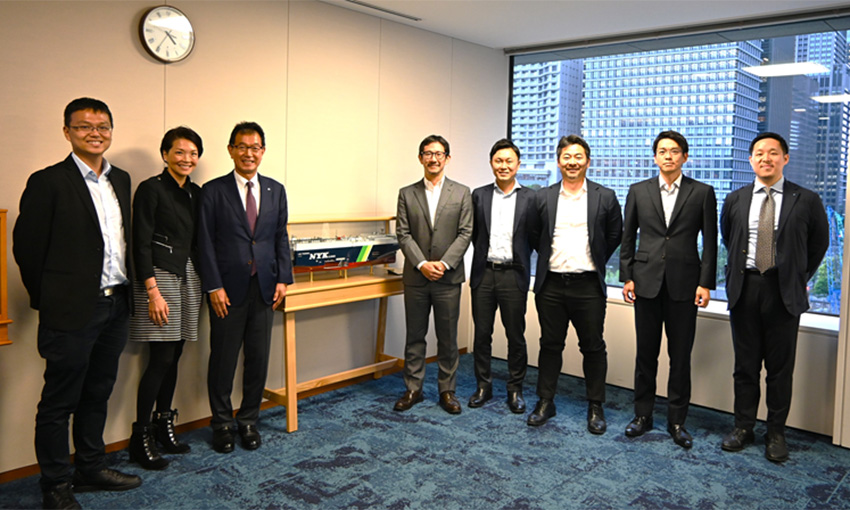JAPANESE LPG importer Astomos Energy Corporation and Japanese shipping line NYK have completed a biofuel pilot project.
The project was carried out on LPG carrier Lycaste Peace (owned by NYK Line and chartered by Astomos), bunkering marine biofuel in Singapore.
The test voyage was completed on February 26.
The demonstration is part of a project to establish an assurance framework for the supply chain of sustainable biofuels led by the Global Centre for Maritime Decarbonisation, a non-profit organisation in Singapore that aims to support the decarbonisation of the shipping industry.
The voyage used FMAE B24, or fatty acid methyl ester, using 24% used cooking oil methyl ester.
In this demonstration test, Astomos and NYK Line – together with the biofuel bunker supplier – showed the sustainable biofuels in this case is traceable along the supply chain, by tracking the transportation of biofuel from the place of production to Singapore, blending the biofuel with conventional fuels, the site of bunkering, and management of the blended fuels.
According to NYK Line, biofuels can be used without modifying the existing ship’s engines and port infrastructure. Furthermore, although biofuels generate carbon dioxide when combusted, they are considered carbon-neutral because they are made from biomass and feedstock, such as waste cooking oil.
This project, announced at the end of July 2022, involved Astomos and NYK Line, as part of a consortium consisting of 19 industry partners and 13 vessels, including container ships, tankers, and bulk carriers, bunkering in five supply chains.
The trials aim to establish a framework that provides transparency in the supply chain of marine biofuels from upstream to downstream in order to ensure their wider adoption by the industry. The framework will help to establish supply chain transparency for next-generation fuels other than biofuels, such as ammonia.





